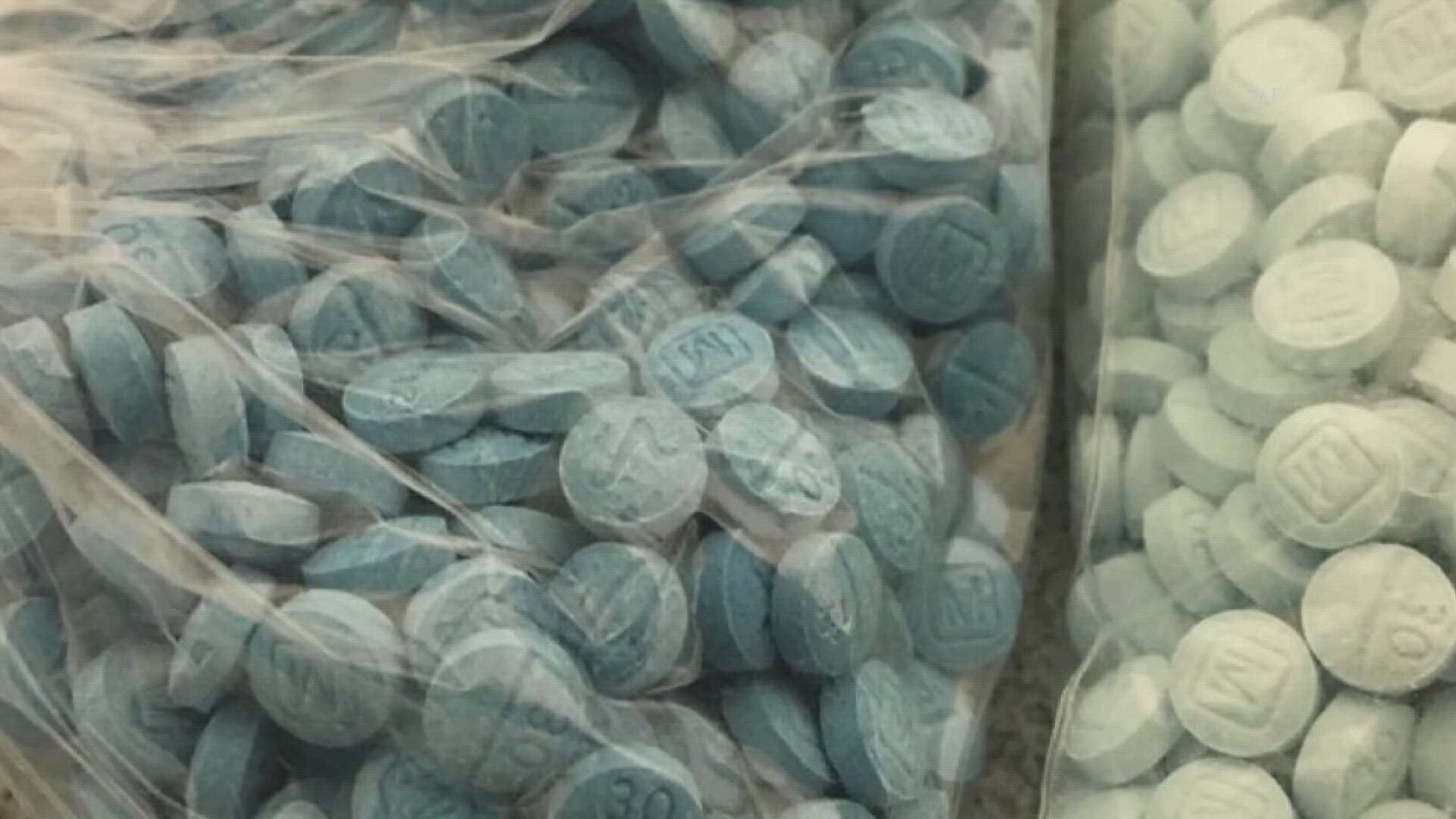BELLEVUE, Wash. — Last week, two Bellevue School District students had to be revived with naloxone after suffering a suspected opioid overdose.
Bellevue's incoming superintendent, Dr. Kelly Aramaki, is calling the overdoses "accidental," adding he believes the 17-year-old and 18-year-old students unknowingly used vape pens that had been laced with fentanyl.
In the meantime, Washingtonians who have dealt with tragic losses as a result of fentanyl's deception are contacting school districts across the state, and asking for more drug prevention education in public schools.
"You have to teach your children never take anything, even if it's from your friend," said Carol Schweigert, whose 27-year-old son Trey died after taking a fake Percocet given to him by a friend that was laced with fentanyl. "There's so many other people that are just like him that are no longer with us from the deception of a fake pill.”
School districts like Bellevue are seeing first-hand just how easily kids or teens can now overdose.
"Most mistakes kids make when they’re young come with reasonable consequences; mistakes involving fentanyl can have a devastating impact," Aramaki said. "I encourage families to learn more about the risks of fentanyl, how to access free Narcan as a life-saving treatment, and to have conversations with their children."
Bellevue School District’s website says they do teach drug prevention in middle and high school health classes.
They are also hosting back-to-school health fairs prior to the next school year, with information about fentanyl and what to do in an event of an overdose.
"I hear that from so many politicians and leaders and I get angry. Because he knows, he knows that parents don't show up," said Rocky Herron, who spent 31 years investigating drug trafficking.
Herron, a retired DEA agent, said he feels informational events about drug prevention should be mandatory, all-encompassing and conducted during school hours.
He now speaks in front of students in assemblies across the west coast, sharing warnings about the dangers of the self-medication crisis. That is, when school leaders are willing to invite him. He said stigma often creates roadblocks for himself and others with the same mission.
"It's still a struggle for all of us to get in front of the kids," said Herron.
Remember the D.A.R.E. program of the 1980s and 90s? It was funded by the U.S. government and later defunded.
"When people came in and said, 'We looked at D.A.R.E., we don't think it works, so we're gonna get rid of D.A.R.E.' The sin of our society was, it wasn't replaced with anything," said Herron. "We didn't say, 'Okay, let's go create a better product.' We just stopped doing it.”
Meanwhile, Schweigert said she believes elected leaders should issue a mandated statewide campaign.
"We need to be where the kids are, and where are they? They're in school," said Schweigert.
She is currently working on plans to set up informational tables at the Monroe and Puyallup Fairs this summer.

